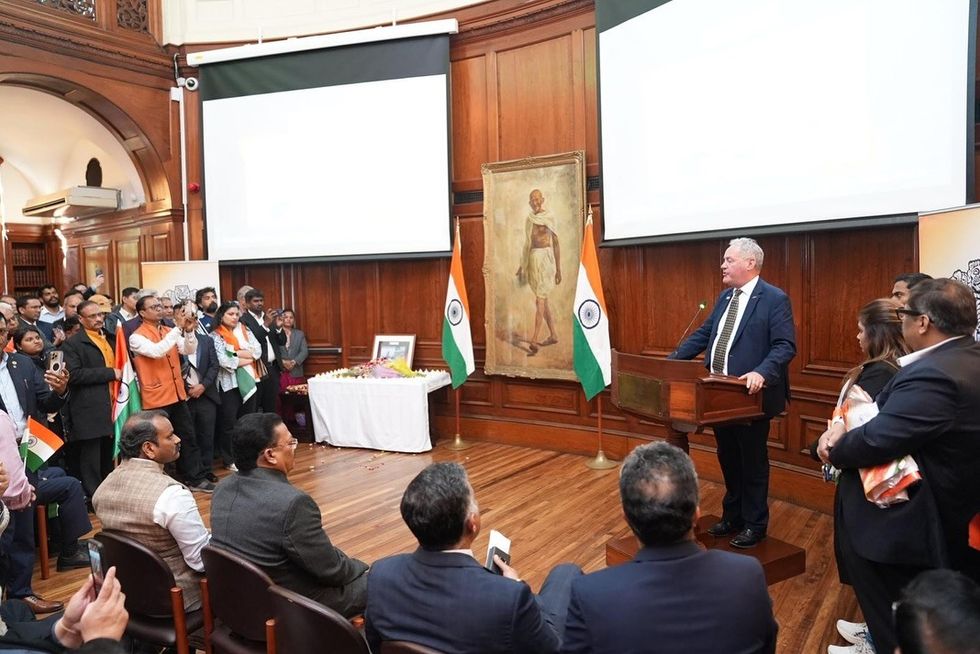SENIOR Tory MPs are urging prime minister Boris Johnson to lift restrictions as planned this month while Scotland opts for a slower pace of reopening.
Senior MPs have reportedly urged the UK prime minister to “get on with” relaxing restrictions on June 21 after Scotland’s first minister Nicola Sturgeon announced it would slow down the pace to allow more people to be fully vaccinated.
Sir Iain Duncan Smith has urged the government to "go ahead with June 21” and ignore Scotland's intervention, saying let Sturgeon “play her games.”
"This is not a competition. If the evidence doesn't stack up, you get on with it [unlocking],” he told The Telegraph, stressing that “we haven't seen any uptick in hospitalisations.”
Tory MP Peter Bone has also said to have urged Johnson to ignore Sturgeon's decision saying Scotland has a "totally different" and "not comparable" system of regional tiers of restrictions.
Mark Harper, chair of the Covid Recovery Group (CRG), said there should be no reason not to “open up fully” on June 21 while the former minister and CRG member David Jones said that he “personally cannot see the justification for delay.”
The demand to reopen as planned increased further as Britain recorded zero Covid-19 deaths in the country on Tuesday (1), the first time since March 7 last year.
Welcoming the milestone, health secretary Matt Hancock said this is an encouraging sign that vaccines are breaking the link between infections and hospitalisations.
Johnson also is said to be optimistic about current data though a Downing Street source said the next few days would be crucial to assess the impact of the unlocking that took place from May 17, adding that as of now, there is “no evidence that definitively suggests we should delay.”
Britain's zero death day milestone has also reinforced business calls for the government to push ahead with plans for its fourth and final stage of unlocking the economy. UK Hospitality, which represents about 85,000 venues, said jobs will be lost if there’s a delay to the end of lockdown measures.
Night Time Industries Association chief executive Michael Kill has warned that the future of nine in 10 nightlife businesses is threatened after more than a year of enforced closures, calling it “devastating for the industry.”



















 Bob Blackman MP speaks during the event
Bob Blackman MP speaks during the event